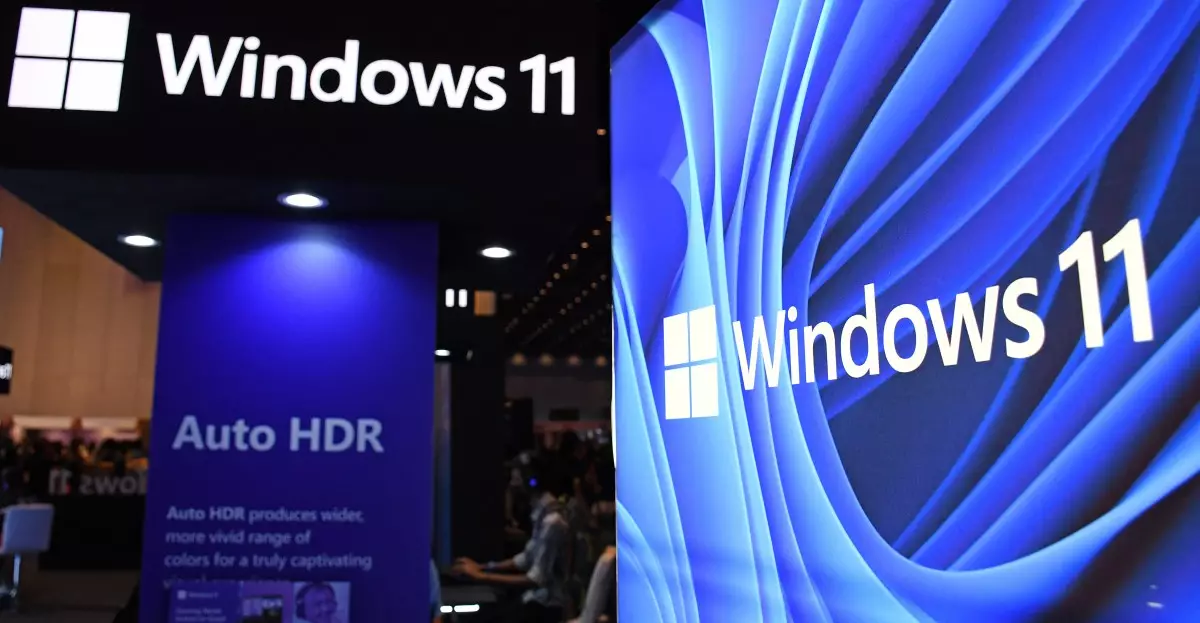Recent reports have ignited a firestorm of speculation, pointing fingers at Windows 11 security updates for causing SSD failures, especially in drives with Phison controllers. Content creators and media outlets have amplified concerns, painting Microsoft as the villain. However, upon closer examination, the narrative appears to be more nuanced, revealing deeper issues that extend beyond mere software updates. It is crucial to scrutinize the evidence and underlying factors before hastily assigning blame to the operating system.
Firmware and BIOS: The Real Culprits
Phison’s recent disclosures shed light on a critical aspect often overlooked in these fiascos—the firmware and BIOS versions running on testing hardware. According to Phison’s statement, many of the fault reports originate from early firmware versions used during media testing, not from the end-user retail products. These pre-release firmware versions, often used in engineering preview drives, are inherently unstable and not representative of the final, consumer-ready firmware. This distinction is essential; it suggests that the instability was not caused by Windows 11 updates per se but by the testing environment and the firmware used during those tests.
This insight underscores a common pitfall in tech reporting—assuming that all issues stem from the latest updates without considering external variables such as pre-release hardware and firmware. In reality, the real-world consumers running up-to-date firmware alongside Windows 11 are not experiencing failure rates comparable to those observed in test environments. Therefore, the current narrative blaming Windows 11 for SSD failures may be an oversimplification driven more by sensationalism than by hard evidence.
The Role of User Preparedness and Firmware Updating
One of the most overlooked aspects in these incidents is user responsibility and the importance of maintaining updated firmware. Many SSD failures documented in early tests involved outdated firmware, which is notoriously prone to compatibility and stability issues. Phison’s emphasis on encouraging users and reviewers to update firmware through manufacturer utilities suggests that these failures could be mitigated easily if users were more diligent in performing updates.
Moreover, the fact that no failures were observed in consumer SSDs running final firmware versions indicates that the core problem resides in the experimental or outdated software environment rather than the Windows 11 OS itself. This hints at a broader issue: the tech community often jumps to conclusions based on early tests or unsupported configurations, which can distort the true source of problems.
Microsoft’s Position and the Bigger Picture
Microsoft maintains that they found no connection between their recent security updates and SSD failures. This official stance raises questions about the reliability of anecdotal evidence and social media hysteria. While Windows updates occasionally introduce bugs, they are rarely the root cause of hardware failures—more often, they expose lurking hardware incompatibilities or software conflicts that were already present.
The broader lesson here is that Windows 11’s stability shouldn’t be judged solely on anecdotal reports or sensationalized videos. Instead, the focus should shift toward responsible hardware testing, ensuring firmware is up to date, and understanding the complexities of modern storage solutions. Blaming a software update without concrete evidence risks obstructing productive troubleshooting efforts and fosters unwarranted skepticism about the OS’s reliability.
This controversy highlights a familiar pattern in the tech world: knee-jerk finger-pointing and misinformation. A more critical approach reveals that the actual causes often lie in outdated firmware and testing conditions, not in the operating system itself. For consumers and tech enthusiasts, it serves as a reminder to prioritize proper hardware maintenance and avoid jumping to conclusions based solely on preliminary reports.

